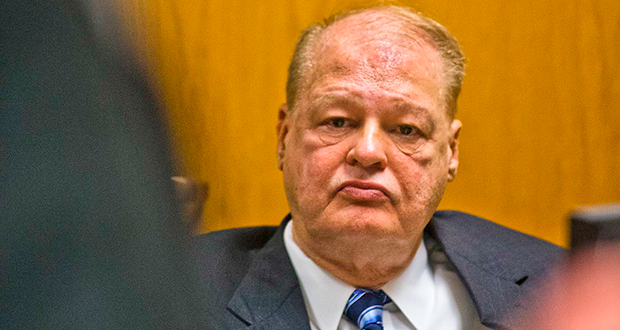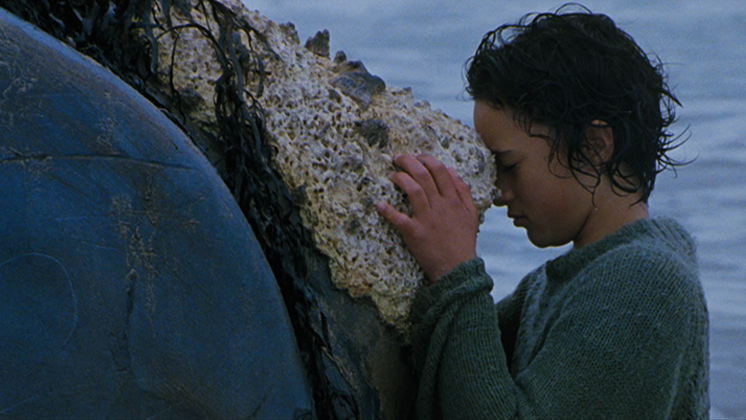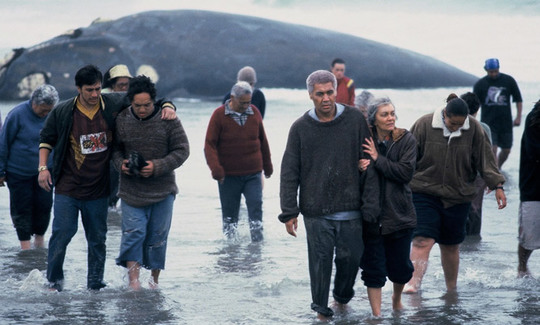Democracy is a central pillar of the American government and determines multiple aspects of people's lives. In terms of education, democracy impacts the learning of millions of students. According to Deborah Meier (2002), schools are where Americans learn the meaning of democracy, that is, how one's actions impact their community and its reputation. Understanding reputation requires the understanding of uneasy balances such as between institutional resistance and peer pressure. When one understands how to effectively balance life requirements in school, the opportunity to demand change is available. Meier argues schools actively teach democratic principles in the sense of understanding one's rights and ability to effectively protest authority. Although, with this power, Meier believes Americans need to have trust.
Trust is not the easiest quality to teach people although it is necessary for societies to function properly. According to Meier, People tend to trust and feel more comfortable with others who are like-minded to them. This can potentially lead to good and bad outcomes. For example, finding a group of similar people as one's self can lead to a sense of belonging and comfort although, this could lead to negative thoughts or belief systems (i.e. racism). For this reason, education serves as a training-ground for young people to learn how to trust others who are not like themselves. Meier's arguments have sound judgment but I find she is just stating the obvious.
Trust and democracy go hand-in-hand although I would argue our democracy is falling apart. With the current government administration and countless other examples, democracy seems to have lost all of its purpose. U.S. schools reflect this inconsistency and lack of trust, as Carter and Welner (2013) claim: "...our schools and students are steeped within the folds of formidable economic, political, cultural, and social contexts. We deceive ourselves if we believe that we can insulate schooling outcomes from poverty or wealth, from unemployment or wages, or from racism and discrimination" (p. 218). Children tend to be the burden of poor decisions made by adults. Consequently, the idea of trust is no longer accountable. In Carter and Welner's final chapter, "Building Opportunities to Achieve," they summarize the issues within the United State's education system and how they impact students' understanding of social institutions. An important aspect of the chapter that I thought was interesting was a short sentence of which the authors have discussed indirectly throughout the book: success. The authors argue: "...we must re-conceptualize how we define student achievement and success" (p. 222). In the U.S., success is often equated with money and this is reflected in countless schools that either attract wealthier or poorer students. To hold schools accountable and to measure their "success," the government has implemented standardized testing which determines the amount of funding the schools receive. This mentality leads to students feeling insignificant objects whose only goal is to graduate. Personally, I felt this way when I was in middle and high school. Instead of the school being genuinely concerned about my education and well-being, they seemed to be focused on getting me out of their hair. There is a lack of interest in the administration who sadly are over-worked and underpaid. I believe this is partially due to the overwhelming amount of students they have.
The United States and world population is growing everyday and with that, tensions within education systems grow. I do not have much hope for education in the United States for this reason. The amount of people in the world is crushing resources and as long as teachers are being paid poor wages amongst countless other issues, will education injustice continue. Along with the rise of social media and technology, the amount of in-person connection between students is decreasing. Technology has made education more accessible in multiple aspects but students are less interested in communicating with people who are right in front of them. I believe this tendency of students will cause a decrease in trust amongst people and an increase in mental illnesses. As mentioned before, trust is a central pillar in democracy and trust is not evident in our society currently.
Trust is not the easiest quality to teach people although it is necessary for societies to function properly. According to Meier, People tend to trust and feel more comfortable with others who are like-minded to them. This can potentially lead to good and bad outcomes. For example, finding a group of similar people as one's self can lead to a sense of belonging and comfort although, this could lead to negative thoughts or belief systems (i.e. racism). For this reason, education serves as a training-ground for young people to learn how to trust others who are not like themselves. Meier's arguments have sound judgment but I find she is just stating the obvious.
Trust and democracy go hand-in-hand although I would argue our democracy is falling apart. With the current government administration and countless other examples, democracy seems to have lost all of its purpose. U.S. schools reflect this inconsistency and lack of trust, as Carter and Welner (2013) claim: "...our schools and students are steeped within the folds of formidable economic, political, cultural, and social contexts. We deceive ourselves if we believe that we can insulate schooling outcomes from poverty or wealth, from unemployment or wages, or from racism and discrimination" (p. 218). Children tend to be the burden of poor decisions made by adults. Consequently, the idea of trust is no longer accountable. In Carter and Welner's final chapter, "Building Opportunities to Achieve," they summarize the issues within the United State's education system and how they impact students' understanding of social institutions. An important aspect of the chapter that I thought was interesting was a short sentence of which the authors have discussed indirectly throughout the book: success. The authors argue: "...we must re-conceptualize how we define student achievement and success" (p. 222). In the U.S., success is often equated with money and this is reflected in countless schools that either attract wealthier or poorer students. To hold schools accountable and to measure their "success," the government has implemented standardized testing which determines the amount of funding the schools receive. This mentality leads to students feeling insignificant objects whose only goal is to graduate. Personally, I felt this way when I was in middle and high school. Instead of the school being genuinely concerned about my education and well-being, they seemed to be focused on getting me out of their hair. There is a lack of interest in the administration who sadly are over-worked and underpaid. I believe this is partially due to the overwhelming amount of students they have.
The United States and world population is growing everyday and with that, tensions within education systems grow. I do not have much hope for education in the United States for this reason. The amount of people in the world is crushing resources and as long as teachers are being paid poor wages amongst countless other issues, will education injustice continue. Along with the rise of social media and technology, the amount of in-person connection between students is decreasing. Technology has made education more accessible in multiple aspects but students are less interested in communicating with people who are right in front of them. I believe this tendency of students will cause a decrease in trust amongst people and an increase in mental illnesses. As mentioned before, trust is a central pillar in democracy and trust is not evident in our society currently.
Meier, D. (2002). Democracy and public education. In schools we trust: Creating communities of learning in an era of testing and standardization. Boston, MA: Beacon.
Carter, P.L., & Welner, K.G. (2013). Building opportunities to achieve.







